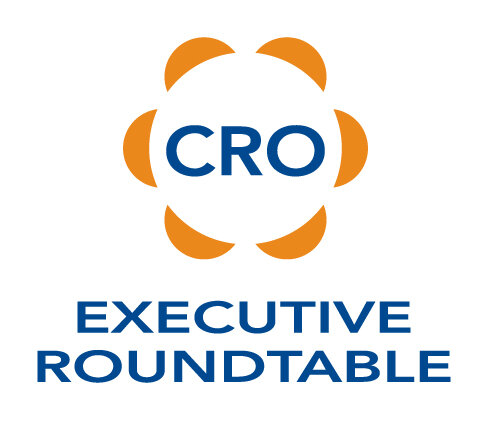Matrix corporate structure. Millennial mindsets. Artificial intelligence. Remote communication. As the business world evolves, some core, fundamental traits transcend the changing workplace.
Monster.com offers up an article highlighting 10 attributes of successful, strong leaders (they use the word manager which we tend to avoid). For a taste:
Problem solving
Companies rely on problem solvers to navigate unexpected challenges, says Kathy Robinson, founder of Boston career coaching firm TurningPoint. The best managers don’t just tackle issues, though—they also identify weak spots before serious problems arise.
We assess for this trait as it is critical to successful leadership. Any CRO knows that leading salespeople requires you to see problems before they take root. The reason is simple; your revenue success depends on it.
Empathy
Being able to read a person’s moods is a core quality of a great manager, which may explain why a whopping 96% of workers said empathy is important for employers to demonstrate in BusinessSolver’s 2018 State of Workplace Empathy survey. In addition, research from the Center for Creative Leadership found that bosses who show empathy to the people they manage are seen as better performers by their own managers.
Empathy is a component of Emotional Intelligence which is the focal point of much hiring today. Communication is only 7% verbal (i.e. words) while the remaining 93% is nonverbal. That nonverbal space is where empathy provides the leader the ability to read his or her people. The inability, or unwillingness, to read these signs is a significant weakness in any modern-day leader.
Lastly, the one trait that has charged to the forefront of leadership today.
Creativity
Top managers—like top-performing employees—generate out-of-the-box ideas that push businesses forward. These individuals introduce new strategies that improve their company’s workflow, productivity, and bottom line, says Karen Litzinger, a career coach in Pittsburgh. Put simply, they’re change agents.
Disruption is prevalent in almost all business markets today. The complementary trait for handling disruption is creativity. This trait provides the leader with the ability to move in new directions to stay ahead of the disruptive forces in play today. Stodgy, unchanging leadership will not survive. The ability to think outside the box in dealing with paradigm-shifting disruption is mission critical today.
If you are looking to enhance your leadership abilities, why not consider the RoundTable today?


